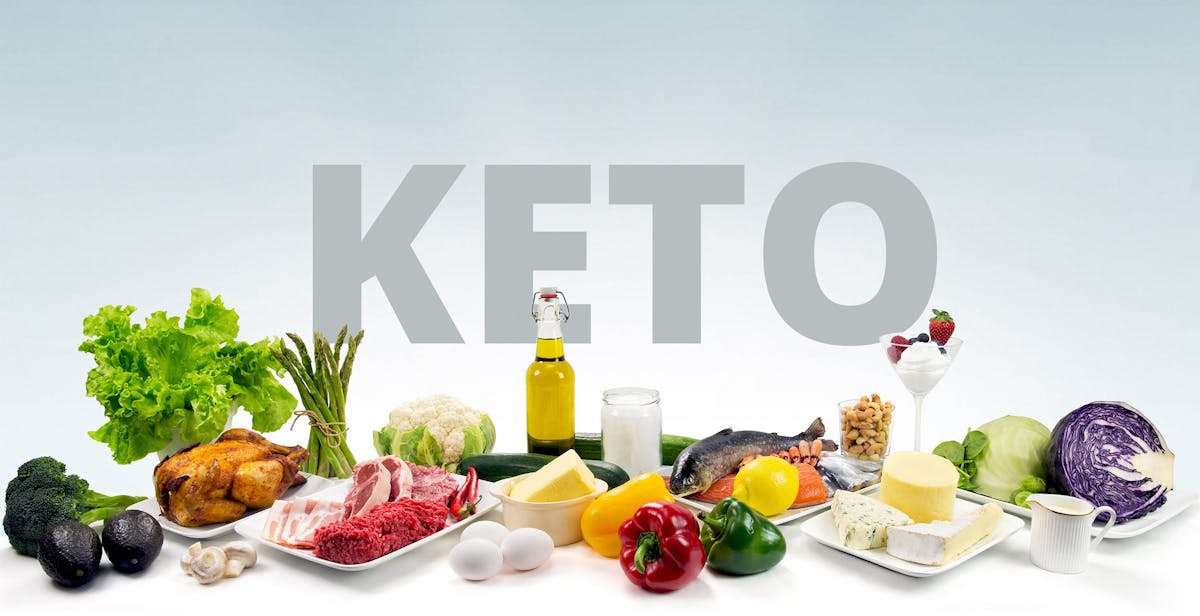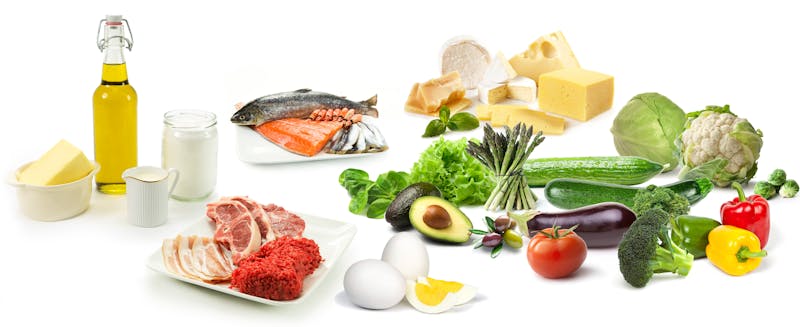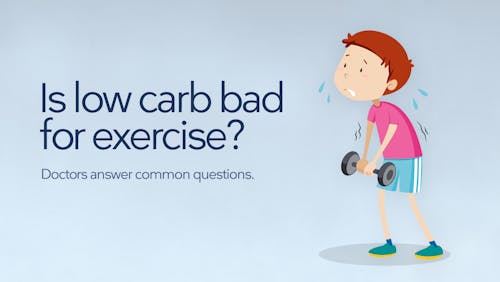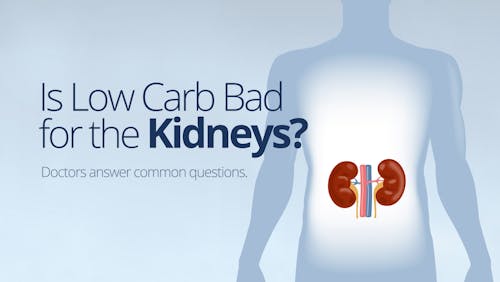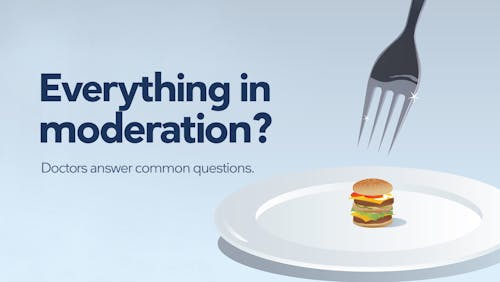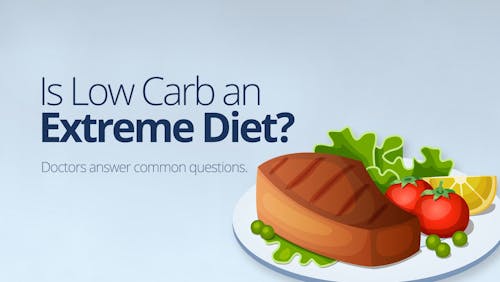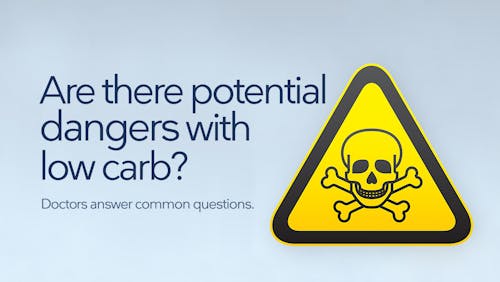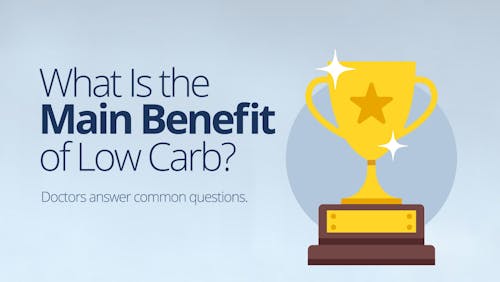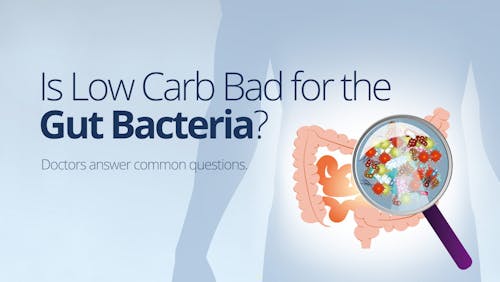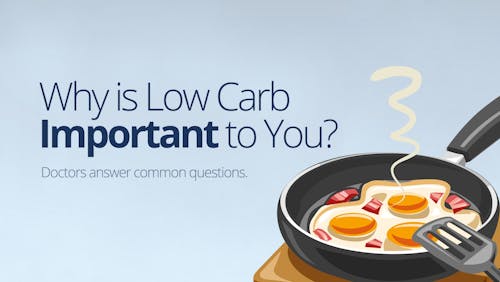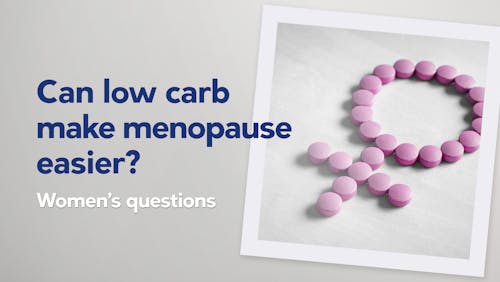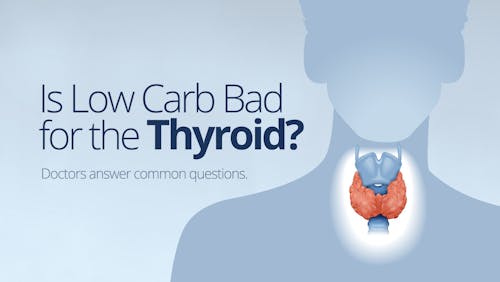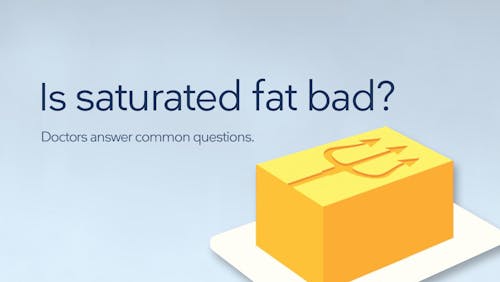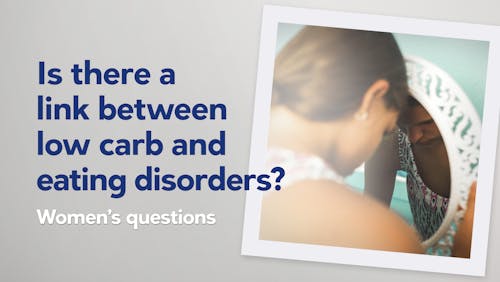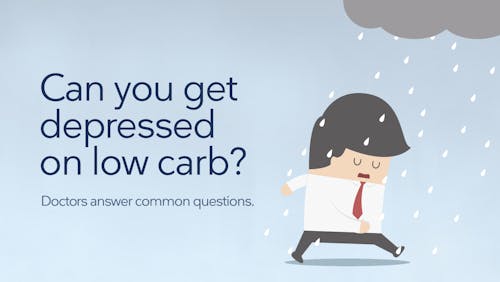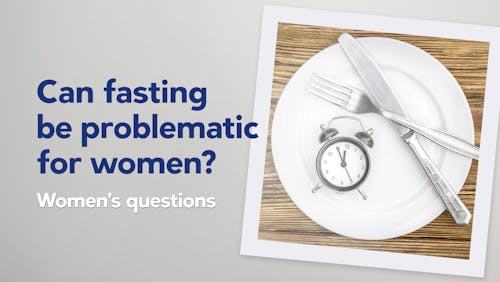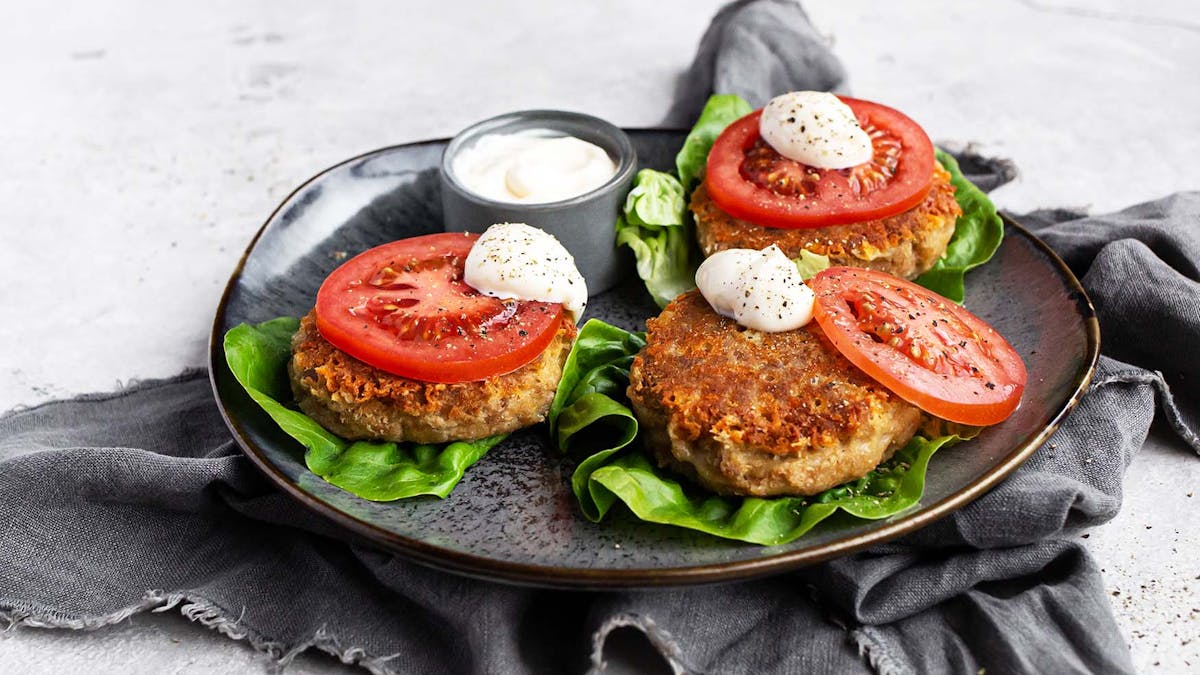What is a keto diet, and other common questions
Frequently asked questions
Click on any question for the answer, or scroll down below for all of them.
- What is a keto diet?
- What is ketosis?
- Is a keto diet safe?
- How do you know when your body is in ketosis?
- What foods can you eat on a keto diet?
- Is a keto diet safe for the kidneys?
- Is ketosis safe for diabetics?
- What can you drink on the keto diet?
- How many carbs can you eat and still be in ketosis?
- Is a keto diet safe for high cholesterol?
- Can you be in ketosis and still not lose weight?
- How long does it take to be in ketosis?
- Can I have fruit on a keto diet?
- How long can someone be on a keto diet?
- Can I eat a keto diet as a vegetarian or vegan?
- What should my ketone level be in ketosis?
- What can I do for keto breath?
- Can I have dairy on keto?
- Can you build muscles on keto?
- What’s the difference between low carb and keto?
- Why am I not in ketosis?
- Should you aim for high ketone levels to speed up weight loss?
- At what time of the day should you test ketone levels?
- Is keto safe during pregnancy?
What is a keto diet?
A keto diet is a low-carb diet that results in ketosis. To achieve this, the diet has to be very low in carbohydrates. Most keto diets are also moderate in protein and high, although variable, in fat.
We like the term “variable” for fat intake since it’s possible to be fueled by the fat you eat, or via your own fat stores, as long as you have excess weight to lose. As people become more experienced with the keto diet, they can alter their fat intake for taste and satiety and to target their weight loss or other health goals.
The key is finding a combination that makes restricting carbohydrates sustainable for the long term.
What is ketosis?
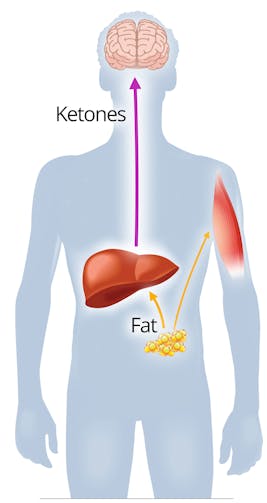 Ketosis is a normal process allowing your body to keep working when you eat few carbohydrates.
Ketosis is a normal process allowing your body to keep working when you eat few carbohydrates.
Carbs are one of two major fuels for the body. We can also burn fat for energy, but the brain can’t burn fat directly. Instead, when eating very low carb, fat is converted in the liver to ketones that are released into the blood stream. This is a great fuel for your brain.1
The process of fueling the entire body with fat, including the production of ketones, is called ketosis. Under normal circumstances ketosis is safe and natural, for example when it is the result of a low-carb (“keto”) diet, or while fasting.
However, under certain special circumstances – most commonly with type 1 diabetes – ketosis can be a sign of insulin deficiency, and the ketones can then rise to potentially harmful levels.
Is a keto diet safe?
A keto diet is usually very safe.2 However, in the following three situations you may need extra preparation or adaptation:
- Are you on medication for diabetes, e.g. insulin? Learn more
- Are you on medication for high blood pressure? Learn more
- Are you breastfeeding? Learn more
If you’re not in one of these situations, you’ll likely do fine on a keto diet, without needing any special modifications.3
Note that there’s no shortage of myths and misunderstandings about keto, that frighten children and grownups alike. So if you’re worrying about something in particular, check out this link.
How do you know when your body is in ketosis?




Any of these signs may indicate you are in ketosis:4
- Decreased appetite and increased energy levels.
- Increased thirst and urination.5
- “Keto breath”, which may be more apparent to others than to yourself. Learn more
- Dry mouth or a metallic taste in your mouth.
Beyond these signs and symptoms, you can measure your level of ketosis, using one of three methods:
Learn more here: How to know you’re in ketosis
What foods can you eat on a keto diet?
Eat real low-carb foods like meat, fish, eggs, vegetables and natural fats (like olive oil or butter). A simple rule for beginners is to eat foods with fewer than 5% carbs (numbers above6).
Is a keto diet safe for the kidneys?
Yes. People often wonder about this, because of the belief that a diet high in protein could be harmful for the kidneys. However, this fear is simply based on two misunderstandings:
- A keto diet is high in fat, with moderate protein.
- People with normal kidney function handle excessive protein just fine.7
Thus, there’s no reason to worry. You can read more in our evidence base guide on low-carb diets and kidney function.
Is ketosis safe for people with diabetes?
A keto diet leading to ketosis is generally a very powerful treatment to reverse type 2 diabetes.8
People with type 1 diabetes can use a keto or low-carb diet to significantly improve their blood-sugar control.9 Individuals with type 1 diabetes will always require insulin injections, but usually far lower doses on keto. They need to take care to not take too low doses and end up with ketoacidosis, or too high and end up with hypoglycemia.
Both people with type 1 and type 2 may rapidly require a reduction in medication on a keto diet to avoid hypoglycemia.10 That is why anyone on blood sugar lowering medications should consult with their physician before adopting a low-carb diet. You can find a list of low-carb knowledgable clinicians on our find a doctor map.
What can you drink on the keto diet?
The quick answer: Water is perfect and zero carb, as are coffee and tea (without sugar, of course). The occasional glass of wine is fine too.
Keto drinks – the best and the worst
How many carbs can you eat and still be in ketosis?
This varies, but generally it’s a good idea to stay below 20 net carbs per day.
Some people who are not insulin resistant – e.g. lean, young people who exercise regularly – can sometimes tolerate more carbs, perhaps 50 grams or more per day. For instance, one study showed healthy volunteers could routinely stay in ketosis at 50 grams per day, and go in and out of ketosis up to 100 grams per day.11
However, overweight and insulin resistant individuals usually require much lower carb intake.12 That is why we recommend 20 daily grams of net carbs to ensure success with ketosis.
Is a ketogenic diet safe for high cholesterol?
Generally, the cholesterol profile tends to improve on a keto diet, lowering triglycerides and raising HDL cholesterol (the so-called “good” cholesterol), without much impact on LDL cholesterol.13
However, a small minority of people may end up with quite high total or LDL cholesterol. Whether this is dangerous or safe is debated – there are no quality studies to determine the answer in this specific population. But should you be one of the few where cholesterol gets up very high, you may want to consult with your health care provider and possibly take steps to reduce it just to be safe.
Here’s our guide to elevated cholesterol on keto and low carb.
And another one on tips to lowering LDL cholesterol while on a low-carb or keto diet.
Can you be in ketosis and still not lose weight?
Yes. If so, check out our guide to weight loss.
How long does it take to be in ketosis?
It varies, from a day or two, up to a week or more.14 People with more insulin resistance (e.g. people with type 2 diabetes) usually take longer, while young and lean people generally get into ketosis far more quickly. In addition, baseline carb intake may also play a role. Those who were eating fewer carbs to begin with will likely get into ketosis faster than those eating more carbs at baseline.15
Can I have fruit on a keto diet?
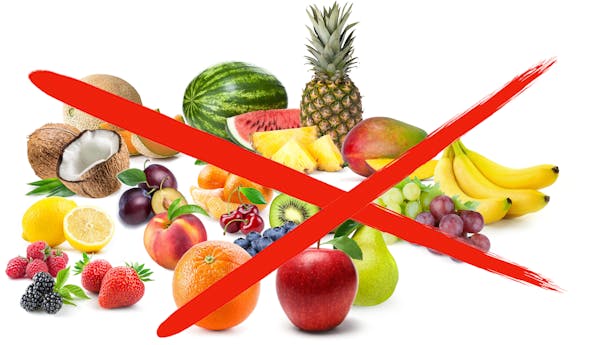



However, certain berries are an exception that can be enjoyed in small amounts. The best choices are blackberries, raspberries, and strawberries, which provide 5-6 grams of carb per 100 grams (3½ ounces).
Most other fruits – including blueberries – contain double or triple this amount of carbs, as reflected in this guide to the best and worst fruits in terms of carb content.
Keep in mind that berries don’t provide any nutrients that can’t be found in vegetables and other foods with fewer carbs, so they are entirely optional on a keto diet. In fact, if you are very insulin resistant, you might be better off not having them.16
How long can someone be on a keto diet?
As long as you want to, and enjoy it.
Although we don’t have long term studies of people in ketosis lasting decades, we also don’t have any evidence to suggest it is harmful. Experienced clinicians have been caring for patients in ketosis for decades, and evolutionary theories suggest certain populations have lived even longer in ketosis.17
While none of this scientifically proves it is safe, we like to think about it from the other perspective. Where is the evidence that it is harmful? We haven’t seen any as of yet.
Can I eat a keto diet as a vegetarian or vegan?
A keto diet can work for many non-meat-eaters, depending on what other types of food their diets include.
A lacto-ovo vegetarian eats dairy and eggs, whereas a lacto-vegetarian eats dairy but doesn’t eat eggs. There is also a subset of vegetarians known as pescatarians who include fish in their diet but avoid poultry and other meat.
Although following keto as a vegetarian is definitely doable, it can be a little challenging, especially when first starting out. Our evidence based guide may help you with a low-carb or keto vegetarian diet.
Our keto vegetarian meal plan provides several well-balanced, healthy meat-free meals.
A ketogenic vegan diet is even more challenging. Because vegans exclude all animal products, they must rely on a combination of grains, legumes, and seeds to get all the essential amino acids their bodies need. These tend to be higher carbohydrate foods making staying below 20 carb grams per day very challenging. However, eating a vegan moderate low-diet is potentially doable. Our guide to a low-carb vegan lifestyle may help you get started.
What should my ketone level be in ketosis?
Generally above 0.5 mmol/l. Learn more
What can I do for keto breath?
Can I have dairy on keto?
Dairy is nutritious and can be part of a keto diet in many cases. However, whether you personally should eat dairy may depend on your health goals, along with your personal response to it.
For instance, although a higher dairy intake has been linked to fat loss and reduced diabetes risk in several studies, it has also been associated with increased insulin levels.18 Indeed, many people find that cutting back on dairy helps with weight loss.19
For a low-carb diet it’s important to avoid high-carb options typically considered “healthy,” such as nonfat milk and nonfat yogurt. Instead, focus on these high-fat choices:
- Butter
- Cream
- Sour cream
- Cream cheese
- Cheese
- Plain whole-milk yogurt, Greek yogurt, or kefir
Can you build muscle on keto?
Yes.
What’s the difference between low-carb and keto diets?
Keto is a very strict low-carb diet, that also puts even more emphasis on moderating the protein intake, and relying primarily on fat to supply energy needs.
A regular strict low-carb diet will likely put most people in ketosis anyway. But a keto diet tweaks things even further to make sure it’s working and, if desired, to get even deeper into ketosis.
Keto could be called an extra strict low-carb diet.
Why am I not in ketosis?
The most common reason for not getting into ketosis is simple:Too many carbs
Sometimes it is difficult to accurately estimate the number of carbs in a meal. If you stick to our Diet Doctor recipes, we do all the calculating for you, so there is no guess work. If you are using your own recipes for meals or snacks, try cutting the carbs even lower to see if that makes a difference in your ketones.
Some people are concerned that too much protein will impede ketosis. While this may occur for some, it appears to be the minority of people and scientific studies suggest it is not much of a clinical issue.20 As best as we can tell, it may be more of an issue early on when transitioning to a ketongenic diet and for those who are more severely insulin resistant.21
For more tips see our full guide above. Please note that the amounts that people tolerate while staying in ketosis are individual, differing from person to person. Here’s the first of a 3-part series of blog posts about how our coworker Bjarte Bakke found out how to get into optimal ketosis: Why you’re not in ketosis
Should you aim for high ketone levels to speed up weight loss?
Yes and no. Eating fewer carbs and doing intermittent fasting certainly promotes weight loss, while lowering insulin and raising ketones.22
However, adding extra fat to raise ketone levels does not promote weight loss.23 Neither does supplementing with MCT oil to raise ketone levels or drinking “exogenous” ketone supplements. These methods may end up slowing down weight loss by providing alternative fuel to be used instead of burning body fat.24
If you want to lose weight, focus on restricting carbs, getting adequate protein, and using fat as needed for taste and satiety. Use MCT oil or exogenous ketones when you are hungry or for performance reasons (unrelated to weight loss). Learn more
At what time of the day should you test ketone levels?
For comparison purposes, it’s good to measure about the same time every day. Measuring in the morning before eating makes it easier to compare the result from day to day.
However, numbers may vary during the day, and many report their lowest numbers in the morning, while evening numbers may be a little higher.25 So if for some reason you want impressively high numbers, measure in the evenings instead. Be aware that your ketone levels don’t distinguish between the burning of dietary fat and stored fat, and that for health and weight loss there is likely no benefit to higher ketone levels.
Is keto safe during pregnancy?
A keto diet appears to be safe during pregnancy, judging from the experiences of people who have done it and doctors used to treating patients using a keto diet during pregnancy.26 It may also be very helpful in case of gestational diabetes.
However, there are no scientific studies on the subject, so there is a lack of definite knowledge. For some it may be wise to exercise caution and aim for a more moderate low-carb diet during pregnancy, unless there are important health benefits of doing a keto diet in your specific case.27 This is an area you should discuss with your healthcare provider before making significant changes.Learn more
More low-carb Q&A
Low-carb videos
Q&A
What is a keto diet, and other common questions - the evidence
This guide is written by Dr. Andreas Eenfeldt, MD, Franziska Spritzler, RD and was last updated on June 17, 2022. It was medically reviewed by Dr. Bret Scher, MD on May 29, 2020.
The guide contains scientific references. You can find these in the notes throughout the text, and click the links to read the peer-reviewed scientific papers. When appropriate we include a grading of the strength of the evidence, with a link to our policy on this. Our evidence-based guides are updated at least once per year to reflect and reference the latest science on the topic.
All our evidence-based health guides are written or reviewed by medical doctors who are experts on the topic. To stay unbiased we show no ads, sell no physical products, and take no money from the industry. We're fully funded by the people, via an optional membership. Most information at Diet Doctor is free forever.
Read more about our policies and work with evidence-based guides, nutritional controversies, our editorial team, and our medical review board.
Should you find any inaccuracy in this guide, please email andreas@dietdoctor.com.
Journal of Cerebral Blood flow and Metabolism 2017: Inverse relationship between brain glucose and ketone metabolism in adults during short-term moderate dietary ketosis: A dual tracer quantitative positron emission tomography study [observational study, weak evidence] ↩
This particular study followed patients for two years on a keto diet without any concerning effects.
Frontiers in Endocrinology 2019: Long-term effects of a novel continuous remote care intervention including nutritional ketosis for the management of type 2 diabetes: A 2-year non-randomized clinical trial [weak evidence]
In addition, clinical experience has sown that people can stay in ketosis for a decade or more without health concerns. This is based on clinical experience of low-carb practitioners and was unanimously agreed upon by our low-carb expert panel. You can learn more about our panel here [weak evidence]. ↩
This is based on clinical experience of low-carb practitioners and was unanimously agreed upon by our low-carb expert panel. You can learn more about our panel here [weak evidence]. ↩
This is based on clinical experience of low-carb practitioners and was unanimously agreed upon by our low-carb expert panel. You can learn more about our panel here [weak evidence]. ↩
Carb restriction and ketosis leads to an increase in excretion of fluids and reduced swelling in the body. ↩
The numbers are net carbs, i.e. grams of digestible carbs per 100 grams. ↩
Here’s an overview of scientific studies on this topic:
Nutrition & Metabolism 2005: Dietary protein intake and renal function [overview article; ungraded]
A 2016 randomized cross-over study followed 14 male bodybuilders for a year. The men ate their normal diet for a total of six months and a high protein diet for a total of six months. The study found no harmful effects on kidney function on the high protein diet.
Journal of Nutrition & Metabolism 2016: A high protein diet has no harmful effects: a one-year crossover study in resistance-trained males [randomized cross-over trial; moderate evidence]
Another study looked at five healthy bodybuilders who continued to consume a high-protein diet (> 2.2 grams/kg/day) for a total of two years without any change in their normal kidney function measurements or other negative effects.
Journal of Exercise Physiology 2018: Case reports on well-trained bodybuilders: two years on a high protein diet [very weak evidence]
↩Diabetes Research and Clinical Practice 2018: Effect of dietary carbohydrate restriction on glycemic control in adults with diabetes: A systematic review and meta-analysis [strong evidence]
BMJ Open Diabetes Research and Care 2017: Systematic review and meta-analysis of dietary carbohydrate restriction in patients with type 2 diabetes [strong evidence]
Diabetes Therapy 2018: Effectiveness and safety of a novel care model for the management of type 2 diabetes at 1 year: an open-label, non-randomized, controlled study [weak evidence]
Frontiers in Endocrinology 2019: Long-term effects of a novel continuous remote care intervention including nutritional ketosis for the management of type 2 diabetes: A 2-year non-randomized clinical trial [weak evidence] ↩
Controlled studies have shown that people with type 1 diabetes who limit carbs to 50 to 100 grams per day experience more stable blood sugar and fewer episodes of hypoglycemia compared to people with type 1 who eat higher-carb diets — with a bonus of increased weight loss in those who are overweight:
Diabetes, Obesity and Metabolism 2019: Low versus high carbohydrate diet in type 1 diabetes: a 12-week randomized open-label crossover study [moderate evidence]
Learn moreDiabetes, Obesity and Metabolism 2017: Short-term effects of a low-carbohydrate diet on glycaemic variables and cardiovascular risk markers in patients with type 1 diabetes: a randomized open-label crossover trial [moderate evidence]
Asia Pacific Journal of Clinical Nutrition 2016: A randomised trial of the feasibility of a low-carbohydrate diet vs standard carbohydrate counting in adults with type 1 diabetes taking body weight into account [moderate evidence] ↩
This is based on clinical experience of low-carb practitioners and was unanimously agreed upon by our low-carb expert panel. You can learn more about our panel here [weak evidence]. ↩
Nutrition X 2019: Effects of differing levels of carbohydrate restriction on mood achievement of nutritional ketosis, and symptoms of carbohydrate withdrawal in healthy adults: A randomized clinical trial [randomized trial; moderate evidence] ↩
This is based on clinical experience of low-carb practitioners and was unanimously agreed upon by our low-carb expert panel. You can learn more about our panel here [weak evidence]. ↩
Cardiovascular Diabetology 2018: Cardiovascular disease risk factor responses to a type 2 diabetes care model including nutritional ketosis induced by sustained carbohydrate restriction at 1 year: an open label, non-randomized, controlled study. [non-randomized trial; weak evidence]
Nutrition in Clinical Practice 2011: Low-carbohydrate diet review: shifting the paradigm [review article; ungraded]
Nutrition Reviews 2019: Effects of carbohydrate-restricted diets on low-density lipoprotein cholesterol levels in overweight and obese adults: a systematic review and meta-analysis [systematic review of randomized trials; strong evidence]
British Journal of Nutrition 2016: Effects of low-carbohydrate diets v. low-fat diets on body weight and cardiovascular risk factors: a meta-analysis of randomised controlled trials [strong evidence]
↩Nutrition X 2019: Effects of differing levels of carbohydrate restriction on mood achievement of nutritional ketosis, and symptoms of carbohydrate withdrawal in healthy adults: A randomized clinical trial [randomized trial; moderate evidence] ↩
This is based on clinical experience of low-carb practitioners and was unanimously agreed upon by our low-carb expert panel. You can learn more about our panel here [weak evidence]. ↩
This is based on consistent clinical experience of low-carb practitioners. [weak evidence] ↩
This is based on consistent clinical experience of low-carb practitioners. [weak evidence] ↩
For instance, this observational studies showed full fat dairy was associated with lower risk of obesity
American Journal of Clinical Nutrition 2020: Whole milk compared with reduced-fat milk and childhood overweight: a systematic review and meta-analysis [observational study, weak evidence]And this study showed biomarkers for dairy fat were associated with a lower risk of type 2 diabetes
PLOS Medicine 2018: Fatty acid biomarkers of dairy fat consumption and incidence of type 2 diabetes: A pooled analysis of prospective cohort studies [observational study, weak evidence]
And this large sampling from the PURE study found dairy consumption was associated with a lower risk of cardiovascular disease
The Lancet 2018: Association of dairy intake with cardiovascular disease and mortality in 21 countries from five continents (PURE): a prospective cohort study [observational study, weak evidence]But this observational study showed an association with higher insulin levels and insulin resistance
Journal of Diabetes Research 2015: Dairy consumption and insulin resistance: The role of body fat, physical activity, and energy intake [observational study, weak evidence]
As you may notice, all of these studies are observational, and therefore do not prove cause and effect.
↩This is based on consistent clinical experience of low-carb practitioners. [weak evidence] ↩
The trials included in this review of RCTs did not restrict protein intake and showed significant improvement in blood glucose levels and metabolic health.
BMJ Open Diabetes Research and Care: Systematic review and meta-analysis of dietary carbohydrate restriction in patients with type 2 diabetes [strong evidence]
And these two studies showed that a diet with 30% of calories from protein improved glycemic control.
Diabetes 2004: Effect of a high-protein, low-carbohydrate diet on blood glucose control in people with type 2 diabetes [randomized trial; moderate evidence]
American Jopurnal of Clinical Nutrition 2003: An increase in dietary protein improves the blood glucose response in persons with type 2 diabetes [randomized trial; moderate evidence]
Protein has been shown to lower blood glucose in other studies of people with type 2 diabetes too.
Diabetes Care 2006: Protein hydrolysate/leucine co-ingestion reduces the prevalence of hyperglycemia in type 2 diabetic patients [randomized trial; moderate evidence]
↩This is based on consistent clinical experience of low-carb practitioners. [weak evidence] ↩
PLoS One 2015: Dietary intervention for overweight and obese adults: Comparison of low-carbohydrate and low-fat diets. A meta-analysis [strong evidence] Learn more
The British Journal of Nutrition 2016: Effects of low-carbohydrate diets v. low-fat diets on body weight and cardiovascular risk factors: a meta-analysis of randomised controlled trials [strong evidence] ↩
This is based on consistent clinical experience of low-carb practitioners. [weak evidence] ↩
This is based on hypothecial mechanisms and clinical experience but not on scientific studies. [anecdotal report; very weak evidence] ↩
This is based on clinical experience of low-carb practitioners and was unanimously agreed upon by our low-carb expert panel. You can learn more about our panel here [weak evidence]. ↩
This is based on the author’s opinion and not on scientific studies or consensus. [anecdotal report; very weak evidence] ↩
